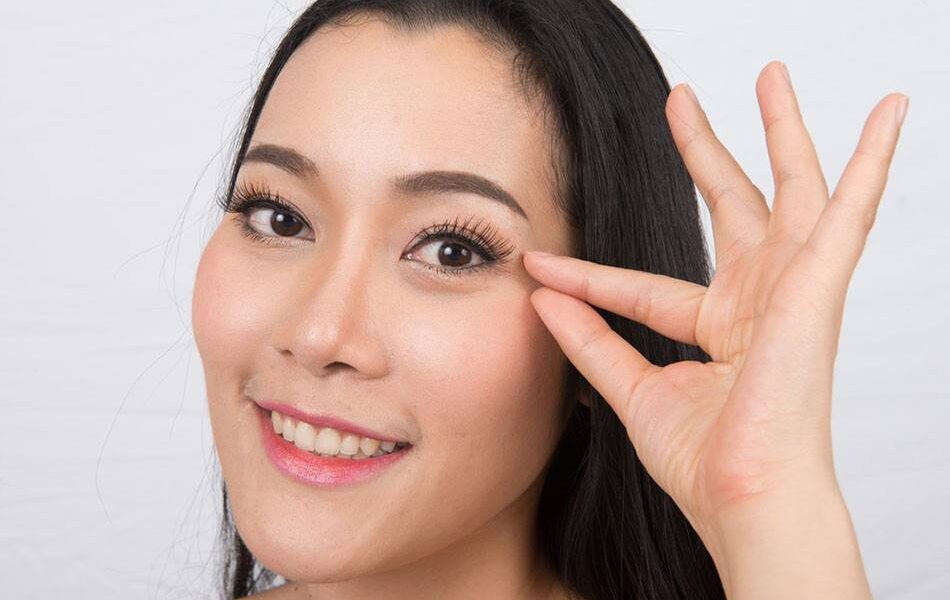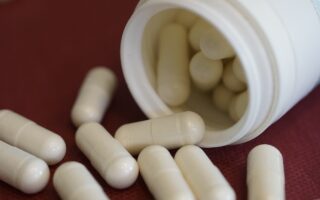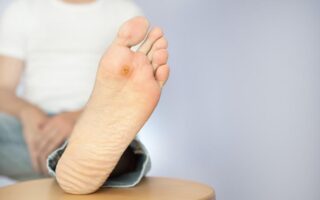If you’ve recently had double eyelid surgery and have experienced some swelling, don’t worry! Double eyelid surgery is a fairly common procedure, and swelling is one of the most common side effects. Here are seven tips to reduce swelling after double eyelid surgery.
Table of Contents
What is double eyelid surgery?
Double eyelid surgery is used by many people to create a defined crease in the eyelid. Double eyelid surgery is also known as Asian blepharoplasty or Asian eyelid surgery.
Only healthcare providers or other licensed medical providers should make the final decision on whether or not to perform a double eyelid procedure. If you experience complications due to a surgical error or any medical negligence, it might be worth considering filing a surgical error claim. While all surgeries tend to have risks, if you find yourself in a situation where it could have been avoided, then hiring a lawyer to help you gain the compensation you deserve is worth researching.
What causes swelling after double eyelid surgery?
The swelling after double eyelid surgery may be caused by several factors, including the type of filler used, the amount, and the location of the filler used. Swelling is most often caused by the use of hyaluronic acid fillers and is more common in first-time patients. Sloughing of the underlying muscles may also cause swelling.
Depending on the procedure you undergo, there may be an ocular predisposition to swelling after double eyelid surgery, such as a history of glaucoma. Your doctor will perform tests to determine the cause of your swelling.
In some cases, the cause may be due to an underlying condition. Some of these conditions include hypothyroidism, thyroid cancer, and disorders of the pituitary gland, pituitary adenoma, hypothalamus, and pituitary stalk.
The most effective treatment for swelling after double eyelid surgery is not steroid injections, but rather rest. Rest is a good way to prevent future complications. For the injected medicine to work, the surgeon must cut and connect your eyeballs with glue.
How can you reduce swelling after double eyelid surgery?
Swelling after double eyelid surgery can last up to 3 months after the procedure. To reduce swelling after double eyelid surgery, you should use an eye mask and a cold compress. The eye mask should be placed over the eyes for at least 15 minutes a day. The cold compress should be placed over the eyes for at least half an hour a day.
These tips will reduce the swelling after double eyelid surgery:
To reduce swelling, apply ice cubes to the eyes from the start of the morning to a few hours after the application. You can constantly apply the ice to reduce the swelling.
You can also use an eye pillow which will help support the muscles. If these methods don’t reduce the swollen area, then ask your gynaecologist or psychiatrist for further evaluation. Because double eyelid surgery can be a significant procedure, always arrange for a professional to examine you before the surgery.
How long does swelling last after double eyelid surgery?
Swelling after double eyelid surgery usually lasts for about two weeks. The swelling should go down within a few days after the procedure. People should start to see the final results after about two weeks. While most doctors recommend not using contacts more than one week after surgery, some choose to use them.
Wearing contact lenses for 2–3 days is not problematic for surgical patients, but for patients who have a healthy eye and just want to minimize discomfort, 2–3 days is a good rule of thumb. To decrease eye pressure, ask your doctor if wearing contacts will help.
Are there any other side effects of double eyelid surgery?
Eyelid surgery is a very safe procedure, but it’s not for everyone. In addition to the usual risks of any surgery, there are some potential side effects of double eyelid surgery. Most of them are temporary and will go away on their own, but make sure to let your surgeon know about any side effects you experience after surgery.
Eye drops and sprays can temporarily ease eye swelling for up to 72 hours, as long as you follow your doctor’s instructions. You may also notice some notable improvements after a few days after surgery. According to Choices for Eye Health, swelling in your eyeball is very common, with roughly a 10% occurrence rate.
Moreover, you may have a slightly increased risk of developing postoperative pyoderma, an inflammation of the eyeball. If you notice any swelling or a red or itchy eye after surgery, seek medical attention as your eye could be in the middle of an infection. Most of the swelling will go away after a few days.




